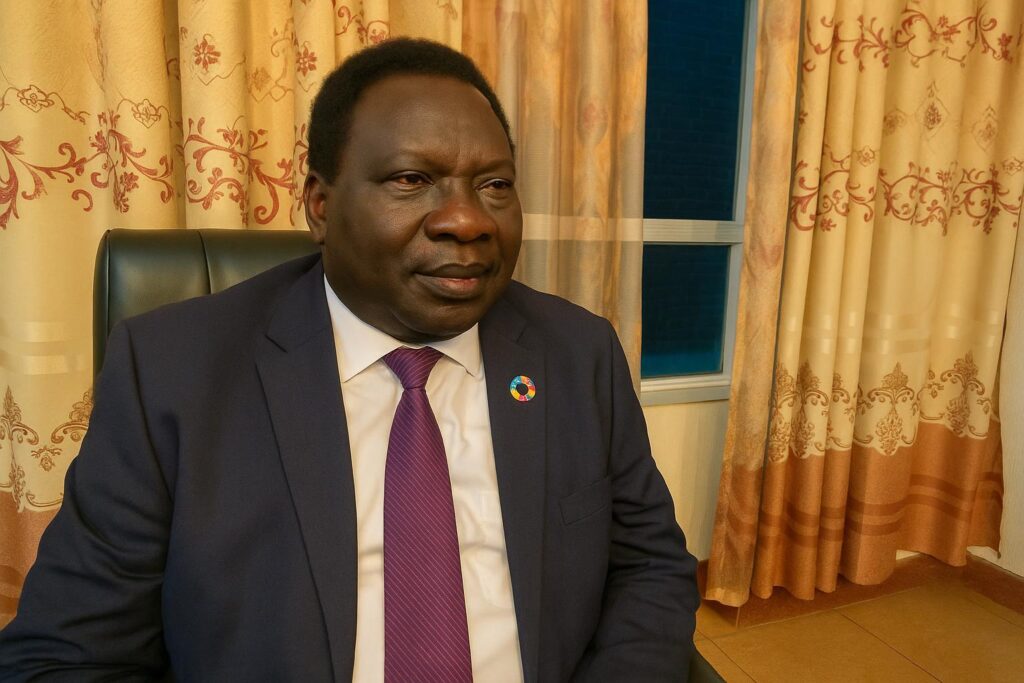Residents’ Legal Notice Highlights Service Gaps
A collective of residents from Gudele, Hai Referendum and Mia-Saba served legal notice on 26 August, alleging that key public services—roads, water, power and clinics—remain out of reach despite years of urban expansion.
The petition, filed through Reign Legal and Consultancy Firm, named the national Ministry of Environment and Forestry among the institutions it views as neglecting basic service delivery.
Environment Ministry Clarifies Its Mandate
In a Wednesday press release, the ministry asserted that it designs and enforces environmental policy but does not build roads, dig boreholes or wire electricity networks (Environment Ministry press statement).
It stressed that infrastructure work legally falls under state governments and specialist ministries such as Roads and Bridges, Energy and Dams, and Health.
Oversight Role Ensures Sustainable Growth
Although absent from bulldozers and power lines, the institution said it safeguards communities by assessing every project’s environmental and social impact before approvals are granted.
Officials argue that this gatekeeping promotes greener urbanisation, limits pollution and anchors long-term public health gains.
Residents Urged Toward Proper Channels
The ministry invited citizens and civil society to redirect grievances to agencies tasked with actual construction, stating that healthy dialogue starts with recognising distinct mandates.
It reaffirmed readiness to collaborate within its constitutional remit while encouraging local authorities to listen closely to neighbourhood concerns.
Path Ahead for Service Delivery
For residents, the statement clarifies jurisdiction yet leaves the central question—when taps run and potholes vanish—in the hands of state planners and line ministries, where decisive follow-up will now be closely monitored by an increasingly vocal urban public.


